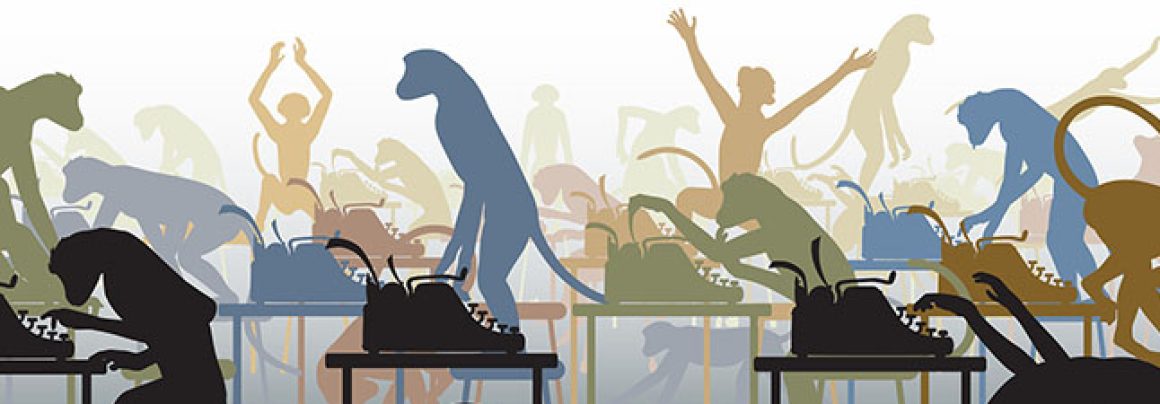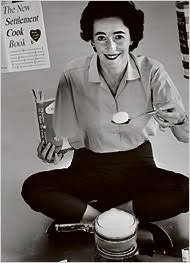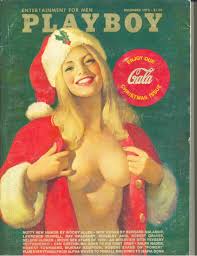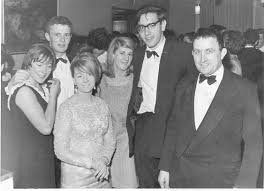Among the make-love-not-war bonobos . . . males are about 25% larger than females and sometimes bully them. But females are on balance more powerful, because of their girlfriend coalitions. Once . . . four females attacked an alpha male that was part of a group of four males who were harassing an estrous female, when out of nowhere, her three coalition partners came swooping in to her aid. The females attack the male mercilessly, and he barely escaped with his life.
David P. Barash, review of “Power in the Wild” by Lee Alan Dugatkin, The Wall Street Journal

I was hanging with my buddies—Kruk, Alanalda and Thwok—commiserating about (what else) females.
“I don’t get it,” Kruk said. “Why is it that they won’t give us something that means so little to them, and so much to us.”
“You’ve got to talk to them,” Alanalda said. He’s the consummate beta male, always smiling at women, asking them how they’re doing, etc. If there’s even a hint that they’re unhappy, he’ll look deeply into their eyes, give them his sad puppy dog look, then move in for the kill; full-bore sympathy, then a hug, which ruins the curve for all the other guys in class.
“Thwok no talk to them,” the brutish alpha male of our pack said. “Thwok do his talking with this,” he added, pointing downwards to his groin.
“Good thing, that’s where most of your I.Q. is located.” That was Kruk, a wiseguy like me.
“OOT OOT OOT!” Thwok screeched, standing up and beating his chest. He thought he’d been complimented.

“Oh, put a sock in it.”
“We’re going to have to agree to disagree on that point, old sport,” Alanalda said. He picked up the jazz age lingo from a weather-beaten copy The Great Gatsby left behind by some American eco-tourists.
“NO AGREE!” I guess you can tell from the capital letters that was Thwok again.
“Precisely,” Alanalda said. “This is a subject on which reasonable primates can hold divergent . . .”
Thwok started to circle Alanalda, but reason—in the diluted form of Kruk—intervened.
“Lighten up,” he said, and stood up to block Thwok’s advance. “He’s just talking about mating, not stealing a female from you.”
“Him no steal female from me,” Thwok said, and I had to say I was surprised at his eloquence. I didn’t know he was capable of italics.
“You up for a friendly wager?” I said, hoping to make this boring braggadocio fest interesting.

“Sure,” Thwok said. “Me get any female me want!” and went into a little macho dance that foreshadowed an end zone celebration that would merit an excessive celebration penalty eons in the future.
“Oh really?” I said.
“Are you crazy?” Kruk asked me.
“Yes but so what if I am?”
“If you lose, Thwok gloats. If you win, he beats the crap out of you with the jawbone of a dead chimpanzee.”
“That’s better than getting beaten with the jawbone of a live chimpanzee.”
“You’re asking for trouble.”
“I know something,” I said, tapping a temple with one of the articulated digits that gave me prehensile ability. Such a handy tool for the evolving bonobo!
“Fine, but it’s your funeral.”
I gave him a smug smile. “Hide and watch my friend.”
I got up and walked over to where Thwok was still doing his happy dance. “Okay, big guy, you’re on. You said you could get any female—right?”
“Right!”
“Okay, why don’t we say”—and here I adopted the attitude of a non-partisan arbiter of a close but disputed question—“Daisy over there.”

“Mom–where’s my daddy?”
Thwok’s mouth formed into a sly smile. “Ha ha you dumb,” he said. “Daisy and me do the dirty alla time.”
“Is that so,” I said thoughtfully. “Well, I’ll bet you two bunches of bananas she won’t let you mount her.”
“YOU ON!” Thwok said with a look of idiotic glee.
As Thwok ambled off Kruk and Alanalda looked at me in disbelief. “You’d better start gathering bananas, pal,” Alanalda said.
“Let’s see how this plays out.”
“If you don’t pay up, he’s gonna kill you!” Kruk said with alarm.
“Ever hear of a sucker bet?” I asked them.
“No, but you’re a sucker if you think Thwok’s going to go easy on you.”
“Let’s just say I have some inside dope.”
“What’s that?”
“Mr. Big Balls hasn’t been as attentive to Daisy as he should have been since she emerged from her last estrus phase.”
“What’s estrus?” Alanalda asked. So simple, so naif—no wonder women love him.
“It’s when the females are in heat.”
“Heat?”

“In the words of an on-line dictionary that will someday be written, a period of sexual receptivity and fertility.”
“So—he was just doin’ what comes naturally,” Kruk said.
“It’s what he was supposed to be doin’ afterwards that counts,” I said.
“Like what?”
“Stay in touch, follow up, gather some flowers for her.”
“Sounds about right,” Alanalda said. “I wouldn’t expect that from Thwok.”
“But she would,” I said. “Instead, he did what insensitive males will be doing until the end of time.”
“What?”
“He got his, and then moved on.”
We watched as Thwok approached Daisy, who was talking to three of her friends.
“Look who’s coming,” one of them said.
“Who?”
“Old Dribble Dick himself,” another said.
Thwok walked up like the cock of the walk; confident, swaggering, nonchalant. His back was turned to us, but I could tell from the furrows that extended to the nape of his neck that he had one eyebrow arched high in an expression of presumption; like Jean-Paul Belmondo, he knew he was going to get his girl.

Belmondo
“HEY DAISY!” Thwok called out. “I have bet I can score with you!”
“What makes you think you can?”
“WE DID BEFORE!”
“Yes,” Daisy said, and now it was her turn to raise an eyebrow. “That we did, that we did.”
Thwok gave her a goofy smile, like he was getting both a cupcake and a surprise creme filling inside. I thought I heard him laugh with that gloating “Hyuk-nuk!” sound he always made when he stole food from a smaller male.
“So now we do again—right?”
“Actually,” Daisy began, “since I didn’t hear from you . . .”
“Yes?”
“And you didn’t come around to take care of that baby we had . . .”
“Yes?”
“I think maybe instead of sex, let’s try a little violence.”
And with that her three friends pounced on Thwok’s back and began to beat him mercilessly, like a bass drum in a parade. The last I saw of him he had climbed a tree, and the girl gang was standing guard to resume their tender mercies when he came back down.
“I guess you were right,” Alanalda said.
“Although I doubt you’ll ever collect,” Kruk said.
“That’s okay,” I replied. “I derive enormous satisfaction from alpha male beatdowns.”
Available in Kindle format on amazon.com as part of the collection “Wild Animals of Nature!”











































